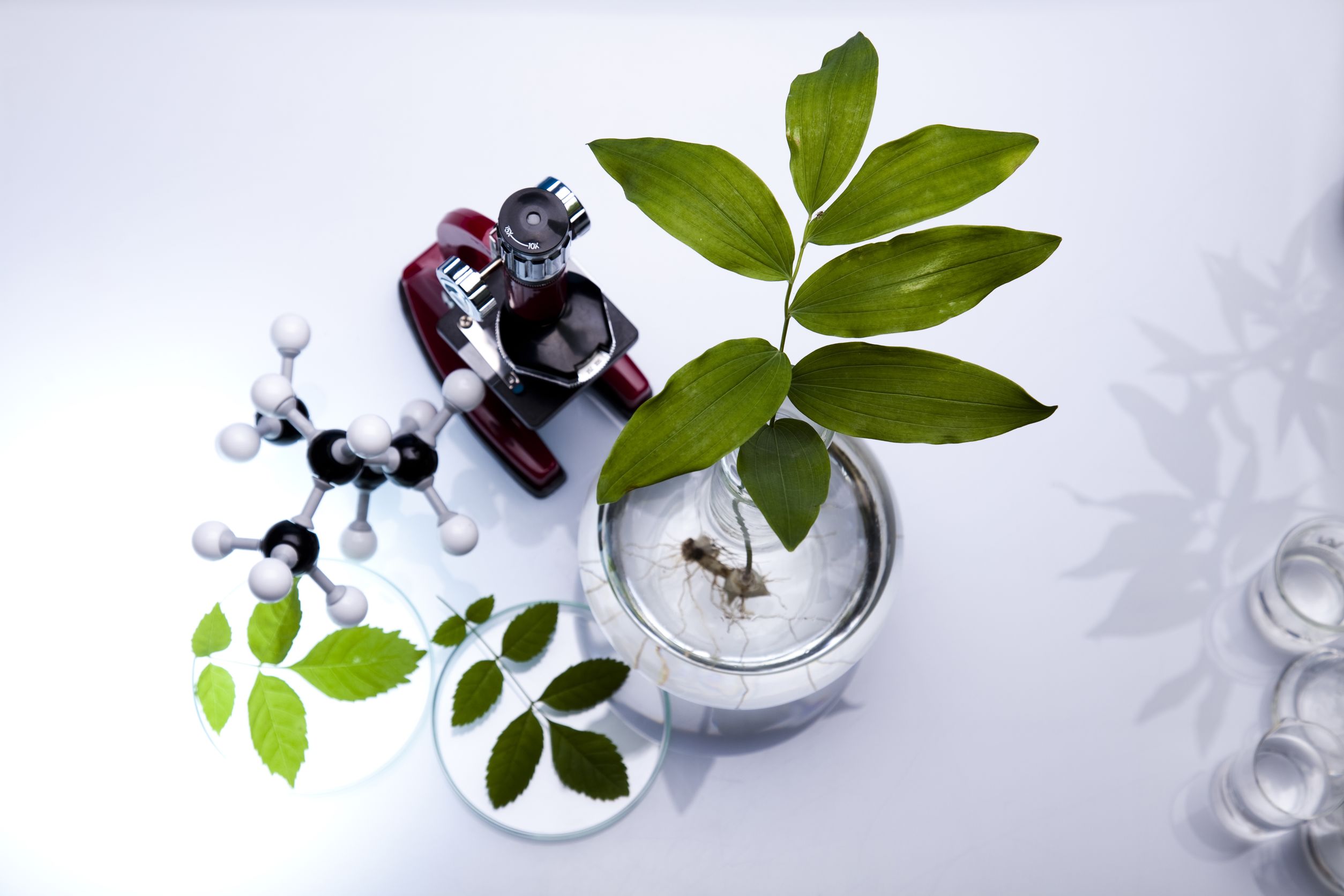Biotechnology is the disciple of biology that deals with the manipulation of biological entities in order to develop useful products. In simpler terms, it is the application of a living organism to produce products that are beneficial to humans.
Modern biotechnology focuses on the study of genetic engineering, tissue culture techniques as well as bioprocessing methodologies. Genetic engineering is the method of manipulating living organisms at their genetic level. The genetic makeup of an organism is manipulated in order to incorporate a desirable trait in an organism. Tissue culture technique could be used to provide a suitable environment for the development of newly manipulated cells. Bioprocessing technology is used for the scaling up of biotechnological procedures.
Application of Biotechnology
Biotechnology could involve simple procedures like baking bread to complex procedures such as the development of a drug. Thus, it is a field that has wide applications. The following are the sectors that have major applications of biotechnology:
- Pharmaceutical: A variety of pharmaceutical products are derived from living organisms like plants as well as animals. Biotechnology plays a vital role in drug discovery, development as well as the scaling up procedure. The common pharmaceutical products that have been developed through utilizing modern biotechnological methods are antibiotics, antibodies, vaccinations, insulin, etc.
- Food: The application of biotechnology in the food industry is as old as 6000 years when fermentation was introduced to the world. However, people at that time were not aware that tiny microbes were preparing their food. Fermentation is carried out on a large scale effectively by using various techniques of biotechnology. A variety of food product and beverages require microorganisms as well as enzymes. The genetic manipulation of such microbes and enzymes could result in improving the yield, taste as well as nutrition of the required food product.
- Agriculture: Genetically Modified (GM) crops have been trending since the time they were discovered. Biotechnology has focused on improving the yield, insect resistance as well as fortification of crop plants through various techniques of genetic engineering. Some if the common crop plants that have been genetically engineered are maize, tomato, soybeans, cotton, sugar beets and many more.
- Biosensors: The diagnostics of various antigens produced due to a particular disease is possible only due to biosensors. A biosensor is a device that detects a parameter which is present in the sample through its reaction with a biological recognition element. Biosensors are not only used in the diagnostics of diseases but also used in environmental monitoring. The concentration of a parameter like carbon dioxide, ethanol, etc. that are present in the environment could be detected by using a biosensor.
- Waste management: Biotechnology has always focused on improving the methodologies used for the treatment of waste. Bioremediation is the use of microorganisms to treat wastes whereas phytoremediation is the application of plants for treating waste. Microorganisms, as well as plants, could be genetically engineered to breakdown wastes in a more effective manner.
- Energy: Methods related to biotechnology could be used in the production of biofuels. Methane could be produced through microorganisms that can be genetically modified. It is estimated that around 20-40% of methane in oil and gas reservoir is produced through microorganisms [2].
Future
The future of genetically modified food products seems to be in a lot of controversies. The biggest threat to the GM crops is their long term effects on human health as well as environment. Some believe that consuming GM food products could develop a disease that would be incurable by antibiotics [1]. The release of genetically modified organisms (GMOs) could result in the development of mutant strains that could prove to be toxic.
Contrarily, the future of biotechnology seems to be more enlightening than any other field of biology. It could prove to be a boon in future for almost every sector.
In the near future biotechnology could be used to upgrade petroleum and coal by removing certain impurities as well as reducing viscosity [2].
Genetically modified chocolate would be a new trend in future as cacao plants are on the verge of extinction. According to the business insider, the cacao plants would be extinct by 2050. This is due to the fact that cacao plants are getting prone to certain diseases as well as they cannot deal with the changing climatic conditions. However, by including a disease resistant trait through genetic engineering, the plants would be able to survive in future.
Cultured meat is a mass of flesh grown under laboratory conditions. It is perfect meat which the vegans would love. Biotechnology would be focusing on developing meat that would not require the slaughtering of animals. This would be possible by extracting muscle cells from the required animal and growing it under suitable conditions to produce meat.
A recent biotech startup named perfect day has introduced cow free milk and dairy products. The genetic manipulation of microorganisms such as yeasts could produce proteins found in milk. Thus, creating a milk product without actually rearing a cow. It could prove to be beneficial for people who are allergic to lactose as well as some of the milk proteins.
Thus, biotechnology could show a tremendous increase in its scope in the near future.
REFERENCES
- A.S. Bawa, K.R. Anilakumar, “Genetically modified foods: safety, risks and public concerns—a review”, Journal of Food Science and Technology 2013.
- Kilbane John, “Future Applications of Biotechnology to the Energy Industry”, Front Microbiol. 2016.
- https://www.allbiotechnologies.com/2018/10/recent-biotech-products-that-you-need.html visited on 30 December 2018.

